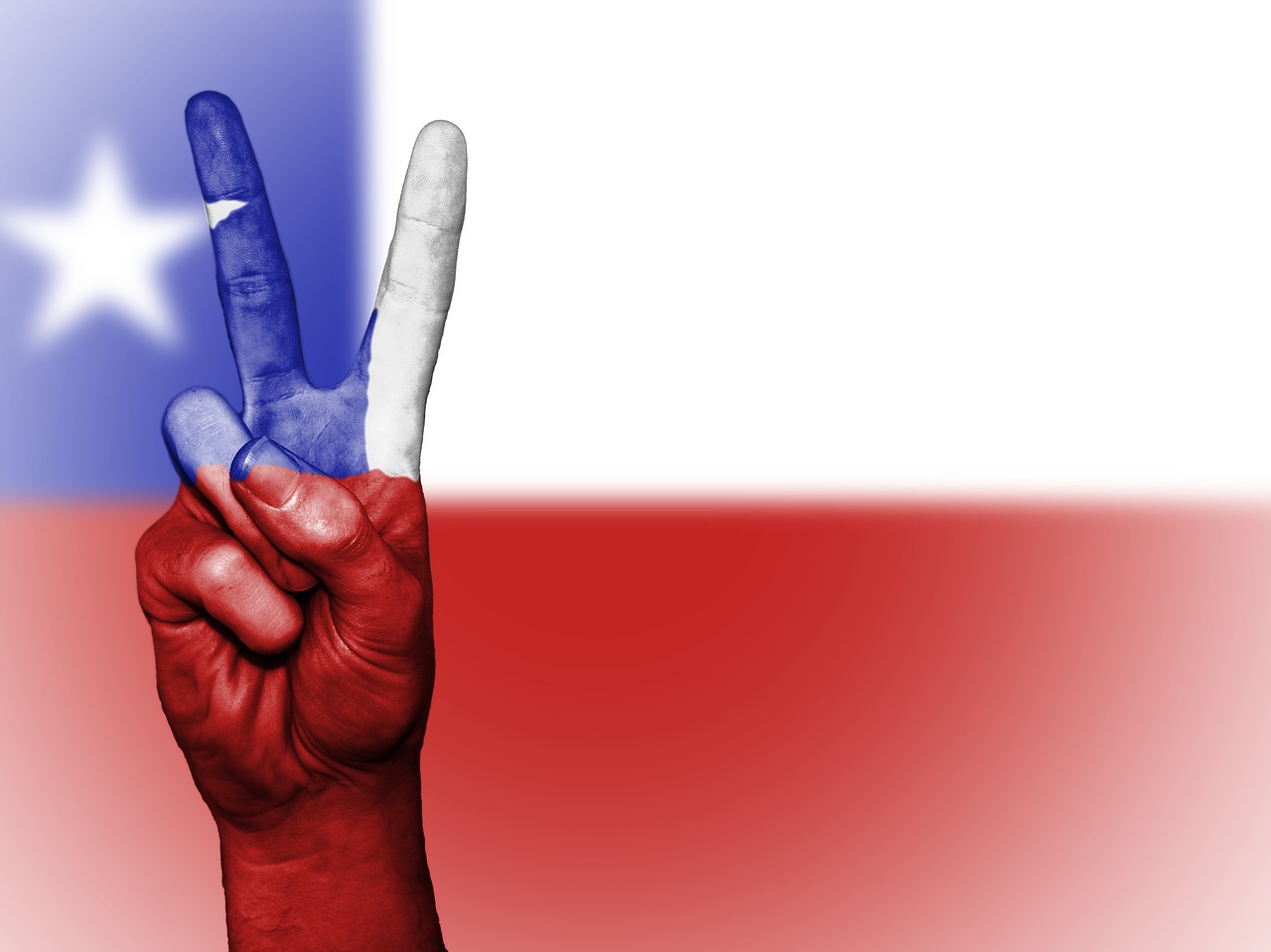
Chile is one month away from deciding its destiny with a new Constitution
Chileans will vote for the current alternative that prioritizes private investment or change into a social state based on the rule of law.
The new draft Magna Carta of Chile is the result of a year of debates in the 154-member Constitutional Convention, who were elected by popular vote. This was the political way out the country found to appease the protests that broke out in October 2019 for greater social equality.
According to the latest poll on Wednesday, Aug. 3 from the pollster Criteria, the "rejection" option is leading with 45%, the "I approve" option has seen an uptick to 36%, five points more than in the previous poll.
More than 15 million Chileans are eligible to vote on Sept. 4 and it would be the first election with mandatory voting since 2012.
RELATED CONTENT
"It is to be expected that between now and the next few weeks we are practically on the threshold of a technical tie between the two options," Rodrigo Espinoza, a political scientist at the Diego Portales University, told AFP.
There is no clarity as to what would happen if the rejection prevails. This doubt was raised by President Gabriel Boric himself when he clarified that in the event of it happening, a new constitutional process would have to be started again.
Among the most controversial points criticized in the new Constitution is the "plurinationality," or the recognition of different Indigenous nations and native peoples, introducing community divisions in a country shaped more than two centuries ago from the universalist ideals inherited from the Enlightenment.
In addition, the Senate would be replaced by a Chamber of Regions with greater guarantees of regional representation, a Council of Justice would be established instead of the Judiciary, with a special Indigenous justice section.
An approval highlights the feminist and environmental character and the consecration of fundamental rights of the new proposal, such as the right to health, education and decent housing, as well as the privilege of water for human consumption.











LEAVE A COMMENT: